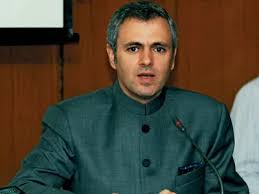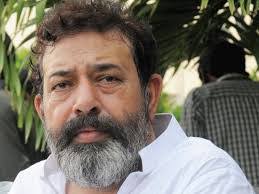Understanding the Impact of Omar Abdullah in Indian Politics

Introduction
Omar Abdullah, the former Chief Minister of Jammu and Kashmir, is a pivotal figure in contemporary Indian politics. As the youngest person to hold the office, his political career has been marked by significant events and challenges, particularly in the context of the ongoing discourse surrounding Kashmir. His role remains crucial as the region navigates a complex socio-political landscape, making it essential to understand his influence and actions.
Political Background
Born on March 10, 1970, Omar Abdullah is the son of Farooq Abdullah and the grandson of Sheikh Muhammad Abdullah, both giant figures in Kashmiri politics. He became a member of the Jammu and Kashmir Legislative Assembly in 1999 and held various portfolios before being appointed the Chief Minister in 2009. His governance came at a time of heightened tensions and unrest in the region, with significant insurgency-related incidents.
Achievements and Challenges
During his tenure as Chief Minister from 2009 to 2015, Abdullah focused on development initiatives and sought to improve public service delivery. His government implemented various projects aimed at boosting infrastructure and tourism in the strife-torn region. However, his time in office was also challenged by massive protests in 2010 following the killing of a young Kashmiri, which reignited civil unrest across the valley. This period highlights the difficulties of governing Kashmir amidst conflicting aspirations of the local populace and national policies.
Post-Political Career and Current Relevance
After losing in the 2015 elections, Abdullah’s political future appeared uncertain, yet he remained active in regional politics, often voicing concerns over the treatment of Jammu and Kashmir since its abrogation of special status in August 2019. He has become a significant voice in advocating for the rights of the people, emphasizing dialogue as a means to resolve the disputes in the region.
Conclusion
As of 2023, Omar Abdullah continues to be an important political figure advocating for the people of Jammu and Kashmir. His journey reflects the intricate dynamics of regional politics and the broader implications for national governance. With ongoing discussions around autonomy and rights, Abdullah’s voice is likely to remain significant in the evolving political scenario. As political alliances and sentiments shift, understanding his impact will be vital for anyone following Indian politics closely.









